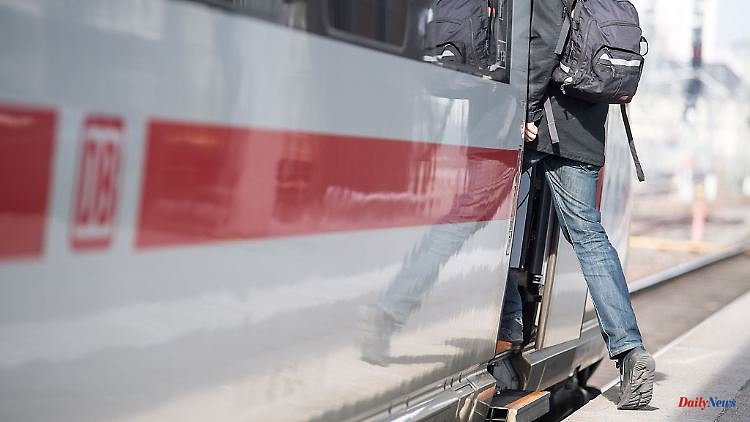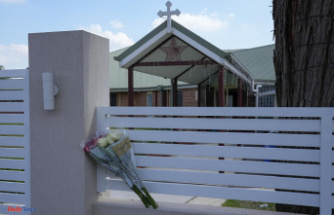Train drivers are in short supply on the labor market. Thousands are about to retire. However, the railway wants to double the number of its passengers in the next few years. In the southwest, refugees should remedy the situation. There is already experience of this in the industry.
Stuttgart (dpa / lsw) - The lack of know-how is overwhelming for many industries: By 2035, the economy in the southwest will lack more than 860,000 skilled workers because the baby boomers of the 50s and 60s are retiring. At the same time, more and more refugees from all parts of the world are coming to Germany and starting to work in their new homeland. The railways are also desperately looking for train drivers, the shortage is increasingly leading to train cancellations - the number of passengers is actually supposed to be doubled by 2030. That's why the company has been training refugees to drive a locomotive for about two years. Last but not least, it builds on the experience of other public transport companies in Baden-Württemberg.
A total of 13 people from Iran, Syria and Pakistan are about to graduate from the Stuttgart S-Bahn after retraining as railway workers. They are part of a project that the State Ministry of Transport started two years ago together with the Federal Employment Agency and several railway companies. Is she happy? Deutsche Bahn wants to reveal that on Friday (12:00 p.m.) in Stuttgart.
The need for train drivers is great. There are currently 2,700 men and women working in the driver's cab on the railway in Baden-Württemberg. By October, the company had already hired 170 more in the southwest alone, and 100 junior staff were also working for the company. Although the S-Bahn Stuttgart has around 400 train drivers, it has also hired around 100 in the past two years. However, the railway junction in the state capital is being digitized. More services, more trains, and therefore more train drivers: more than two dozen more employees are needed for the S-Bahn, plus the number of normal departures that is usual in all companies.
And yet the hurdles are high before the place in a driver's cab can be taken. Many candidates already fail the medical and psychological aptitude tests, in which concentration and reactions, vision and hearing as well as reliability and a sense of responsibility are tested. The shift work also keeps many people from applying to the railways, and there is also the mental stress caused by the suicides on the routes and the commuting service.
The new Baden-Württemberg final course with about a dozen refugees was retrained for two years and accompanied by two instructors ("coaches") financed by the state. The trainees received language training, they were looked after with their homework, given socio-educational support and accompanied when they had questions from the authorities.
Several Baden-Württemberg railway companies have already had experience with refugees in training. In a rare interaction of several competitors, the Albtal-Verkehrsgesellschaft (AVG), Go-Ahead, Abellio and the MEV-Eisenbahnverkehrsgesellschaft work together, train and in this way secure a small part of their future train drivers. The Federal Employment Agency is also involved in this project, it covers the course costs and contributes to the wage costs.
AVG spokesman Michael Krauth describes the project, the second year of which is currently being trained, as a "great success". "All trainees were taken on." Go-Ahead Baden-Württemberg announced that the first refugee qualification course was also very successful for the four Go-Ahead course participants at the time. At the start of the second year in July, Managing Director Fabian Amini emphasized that experience also shows how easy it can be to combat the shortage of skilled workers and the integration of refugees in Germany.












